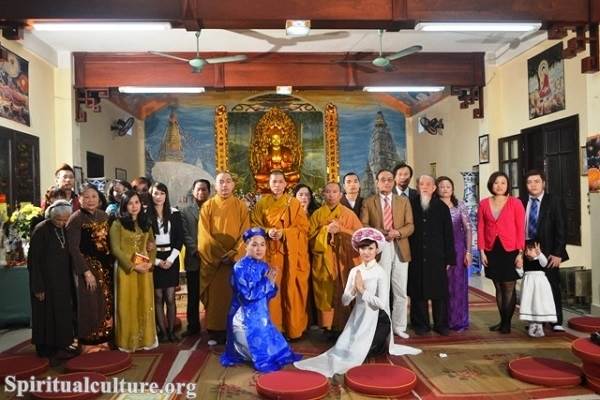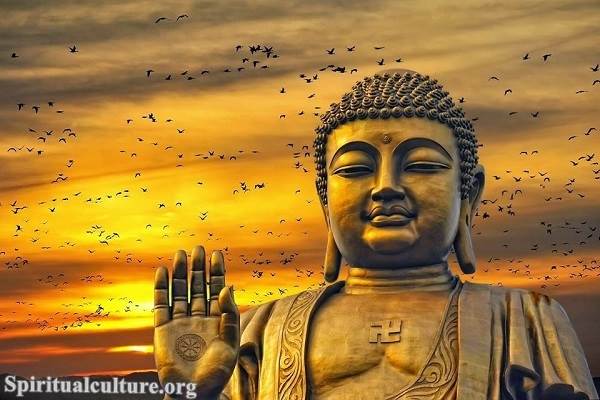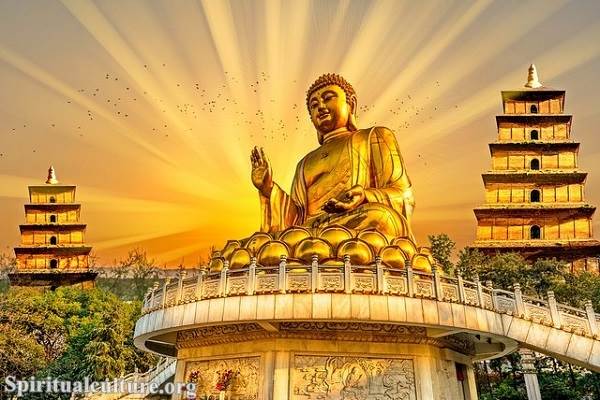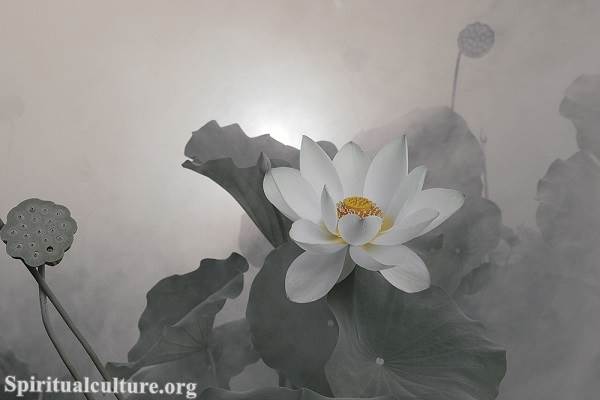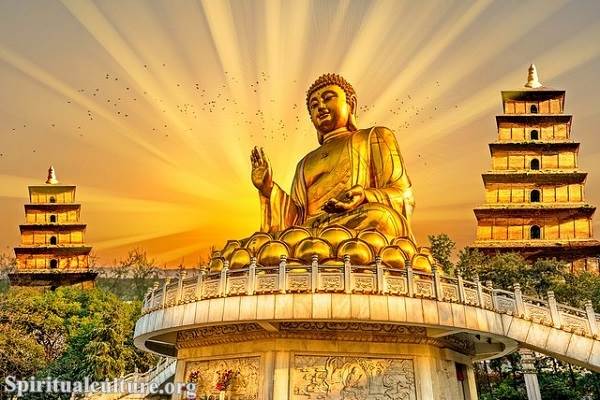The ultimate goal in Buddhism is to reach enlightenment, which is believed to be a state of liberation from the cycle of death and rebirth. It is believed that through following the Eightfold Path, which includes ethical conduct, meditation, and wisdom, one can eventually achieve this liberation and escape the cycle of death and rebirth.

Buddhists believe in the concept of reincarnation, which holds that after death, the soul is reborn into a new body. The nature of the next life is determined by the individual’s karma or the accumulation of good and bad deeds in their previous life. This belief in reincarnation means that death is not seen as an end but rather as a continuation of the cycle of existence.
In addition, Buddhism teaches that attachment to the self and material possessions is the cause of suffering and that attaining enlightenment requires releasing these attachments. Therefore, at the time of death, Buddhists aim to let go of attachments and focus on attaining a peaceful state of mind.
Many Buddhist practices, such as meditation and chanting, are believed to help prepare for death and guide the individual to a peaceful death. Many Buddhist temples hold ceremonies and rituals to help the dying and their loved ones cope with dying and encourage a peaceful death.
In summary, Buddhism teaches that death is a natural part of the cycle of life and that through following the Eightfold Path, one can reach enlightenment and escape the cycle of death and rebirth. At the time of death, Buddhists aim to release attachments, let go of the self, and attain a peaceful state of mind so that they can pass on to the next life with a sense of peace and equanimity.
